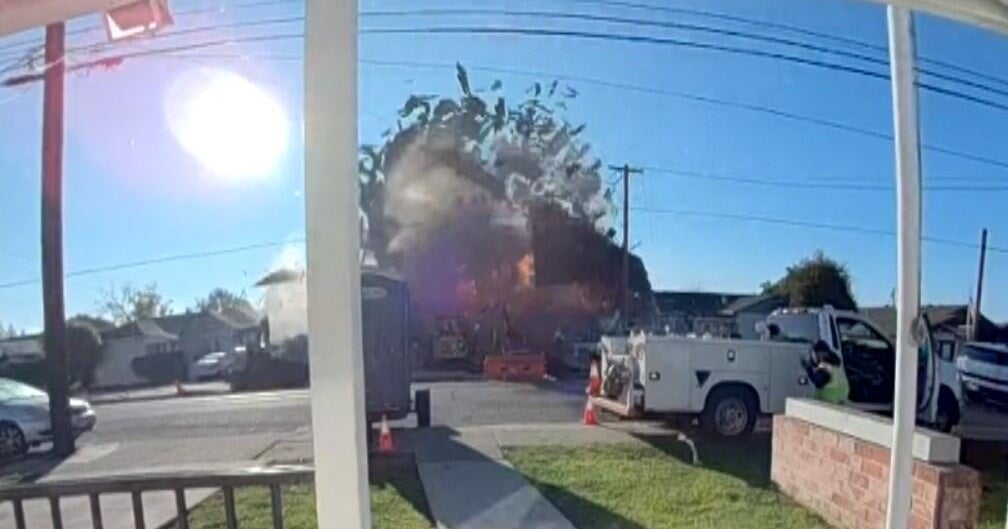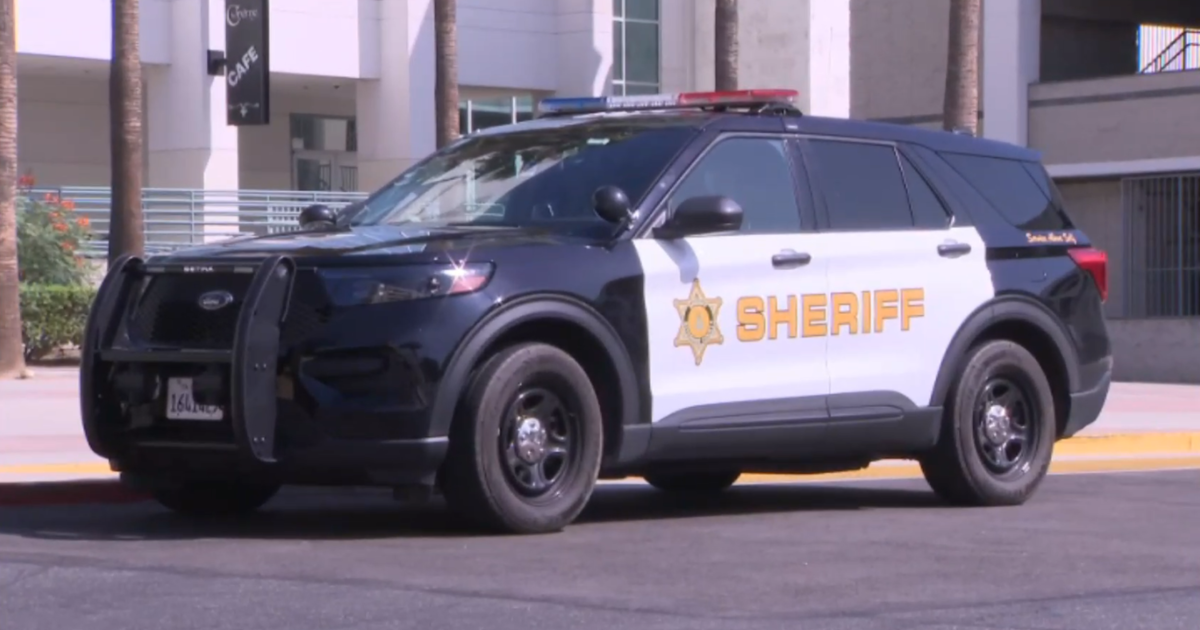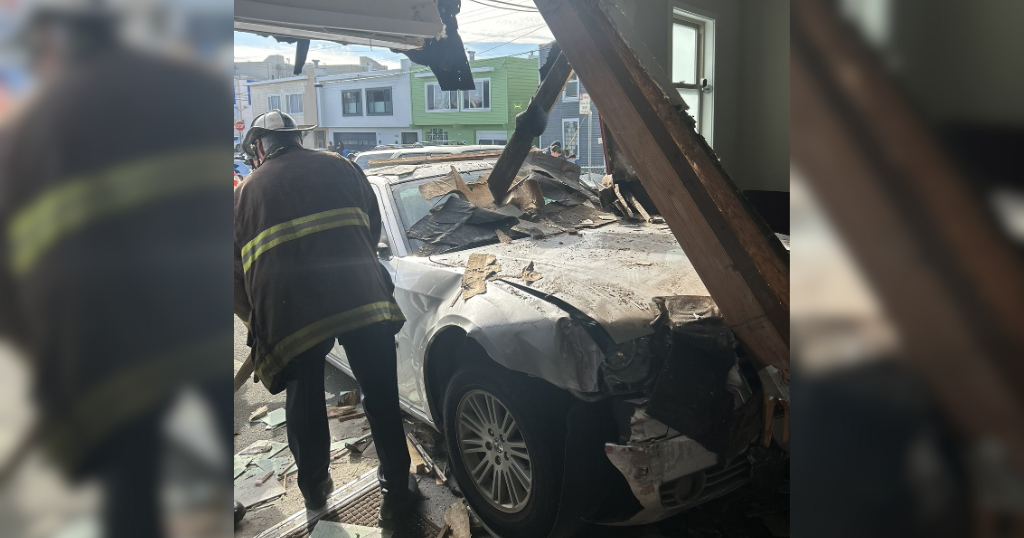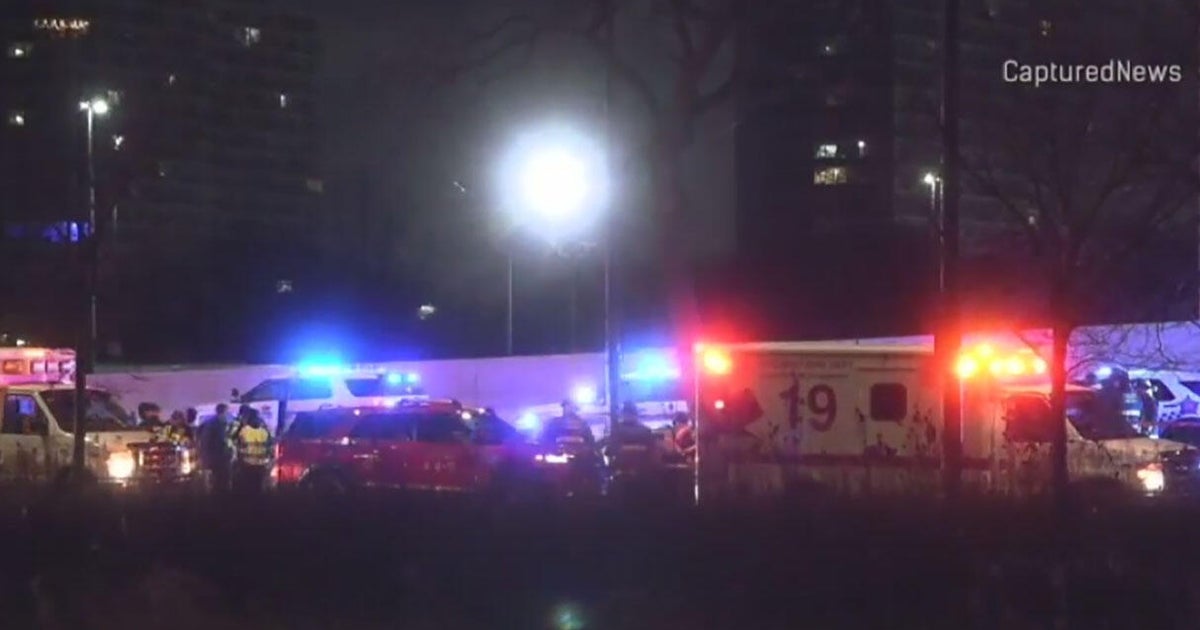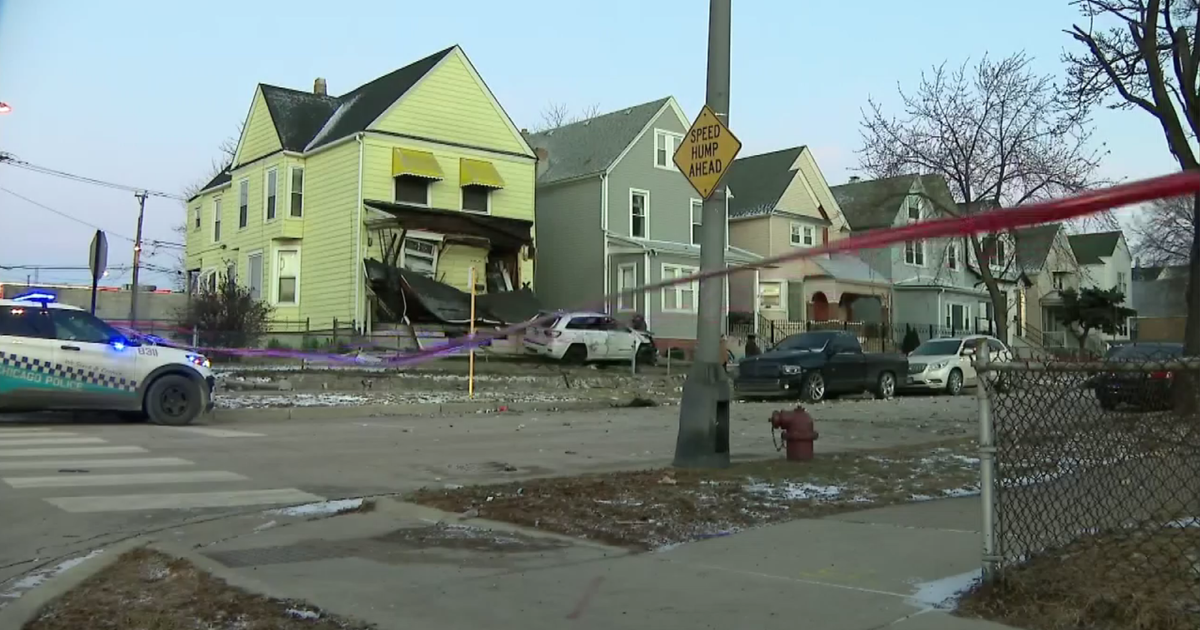California's move from gas-fueled cars comes with revenue loss
SAN FRANCISCO (KPIX) -- While the California legislature has approved a ban on the sale of new gasoline-fueled cars by 2035, experts say there are big challenges ahead.
One estimate is that, by 2040, the state will be short $30 billion due to lost gas-tax revenue.
That money goes to fund a majority of infrastructure projects and without it there may be a bumpy road ahead for California drivers.
"We move to an all-electric fleet, we are going to structurally defund our transportation system," said Michael Quigley with the Fix Our Roads Coalition.
Quigley feels that the hard deadline of 2035 to go electric will be a tough one to meet.
"We support the transition to the green future. We believe climate change is real and needs to be addressed however we can't do it in a way that totally disrupts our society," he added.
The Fix Our Roads coalition is asking the governor and California Air Resources Board to identify alternate sources of revenue but nothing has been formally determined yet.
Andrew Campbell, the executive director of the Energy Institute at UC Berkeley says there is talk about implementing some sort of mileage tax.
"There are big challenges. The idea of a mileage-based tax will be very difficult to implement. The government knows how much gasoline stations are selling. The government doesn't know how many miles drivers are driving," Campbell said.
While the support is there for electric cars, the governor's proposal is one that may see some tweaks. Newsom has already switched gears to allow some plug-in hybrid cars sales in 2035 and beyond. Some worry if there isn't flexibility, the ban may have unintended consequences.
"Does the government want to spend more on roads or spend on some type of social service so there's going to be some tough decisions that will be made across those priorities," Campbell said.
"Are we just going to replace oil and gas extraction from strip mining lithium and cobalt? It just seems like this hasn't been fully thought through and a lot of this is about grandstanding for the media," Quigley said.
